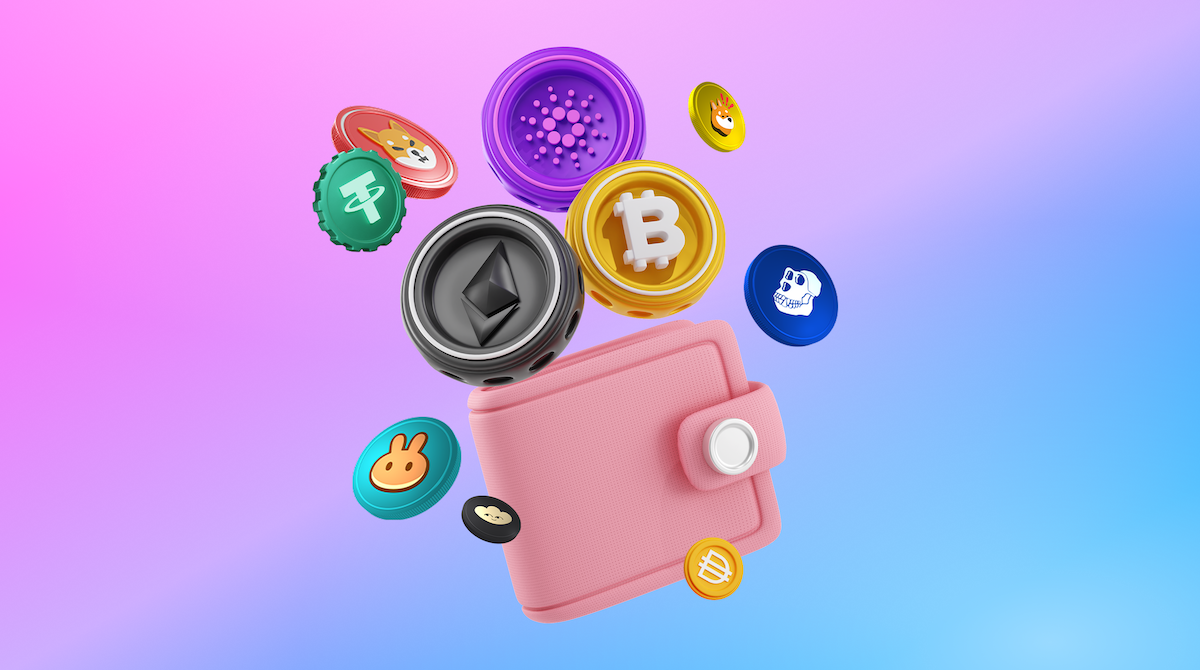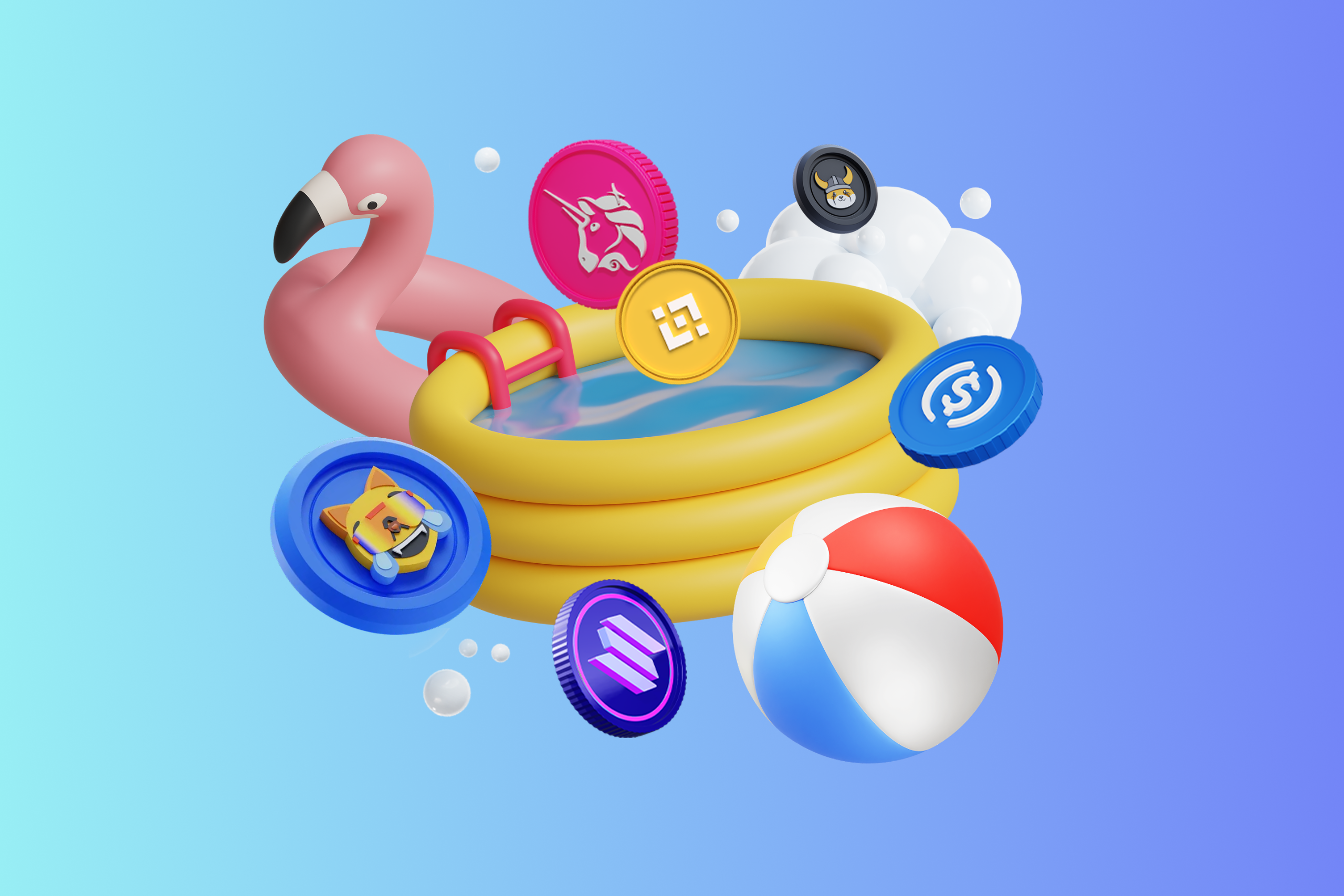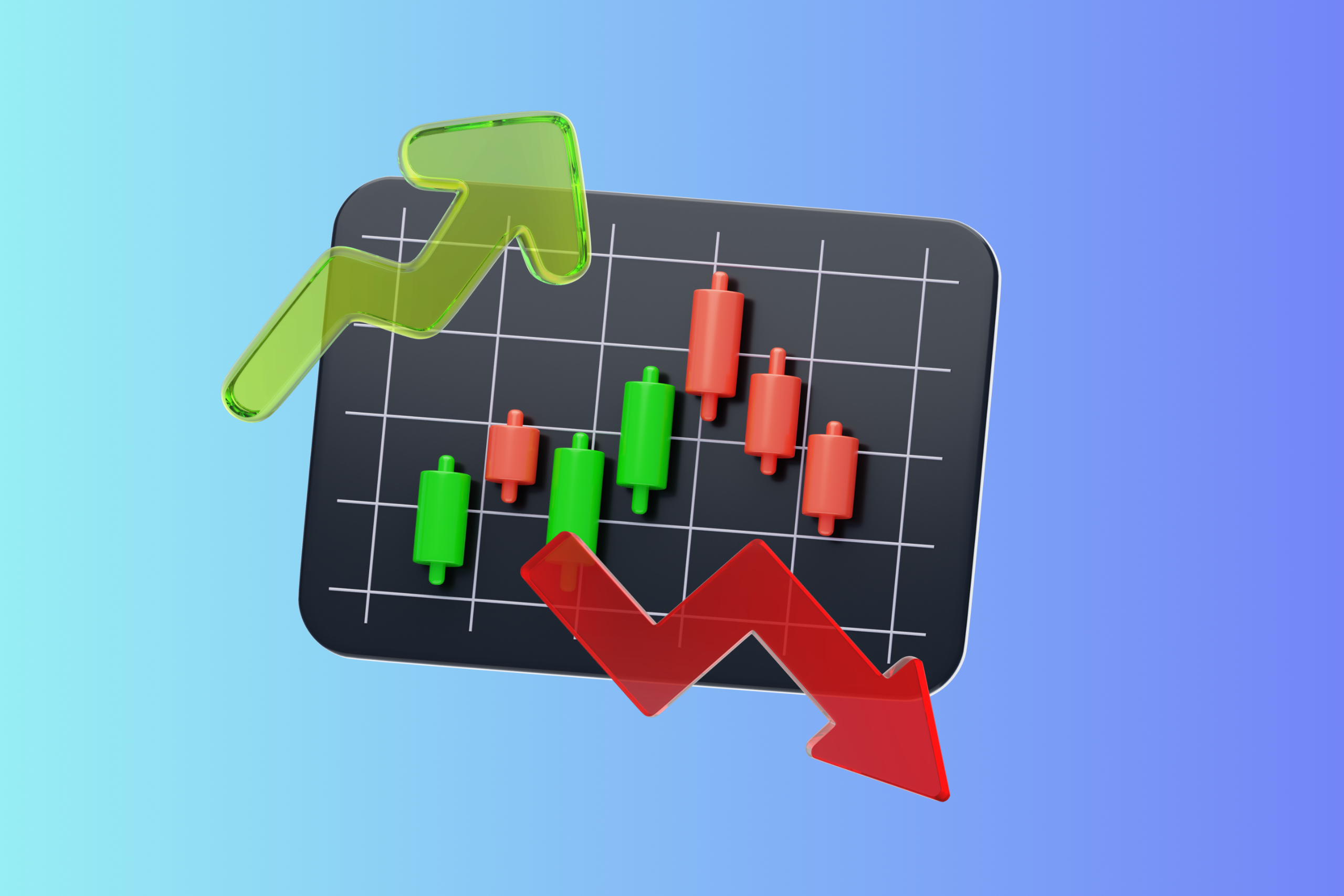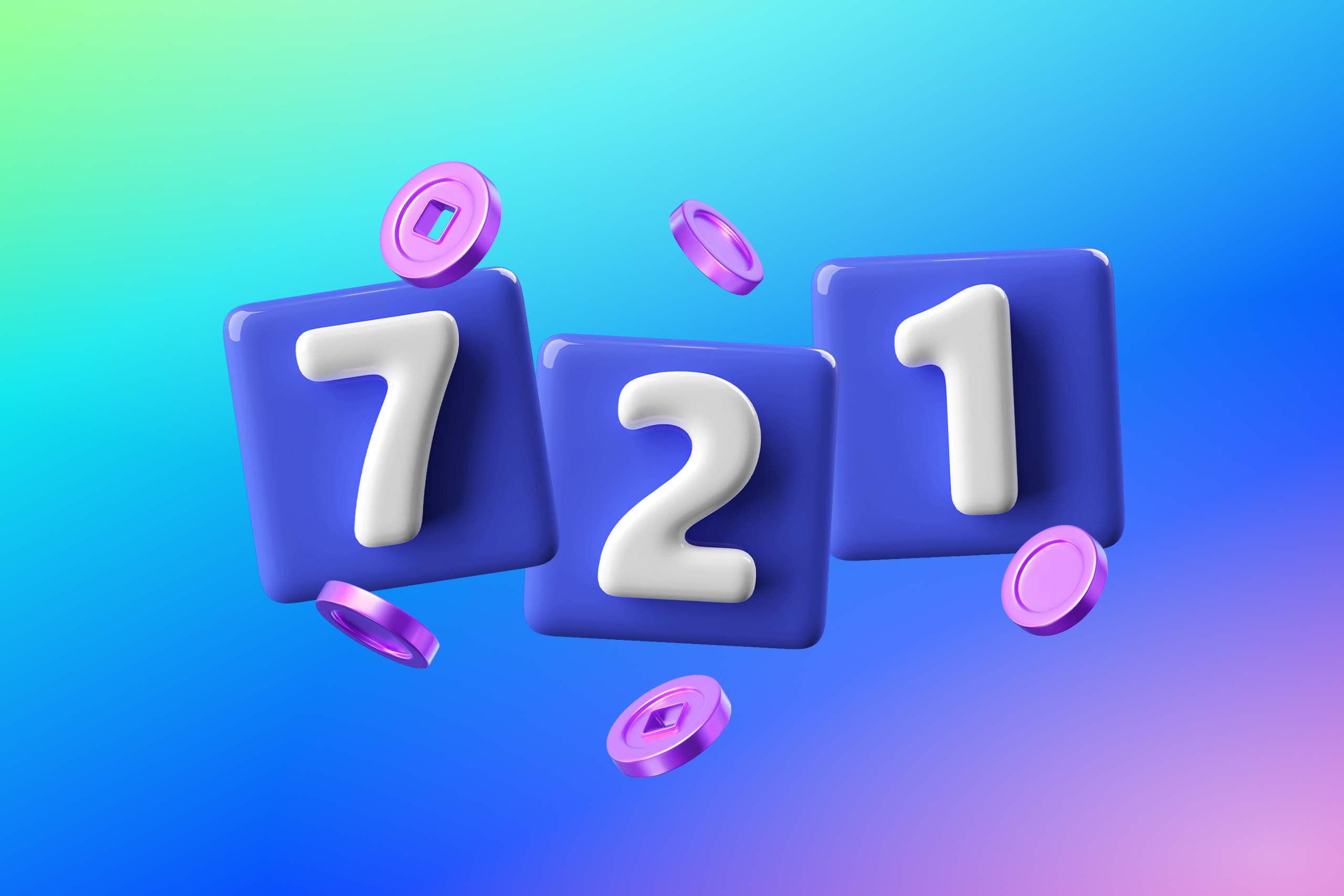
A token is a programmable digital asset issued by a smart contract on an existing blockchain (like Ethereum or Solana). Unlike a blockchain’s native coin, tokens run on the chain and can represent value, access, voting rights, identity, or real-world assets.
What is a token?
Tokens are one of the foundational building blocks of crypto, and yet they’re often misunderstood. While people may casually refer to cryptocurrencies as “tokens,” the term has a more specific meaning in web3. So, what exactly is a token? How does it differ from a coin? And what does it enable in blockchain ecosystems?
Let’s break it down.
In crypto, a token is a digital asset that’s created and managed on an existing blockchain. Rather than operating on its own blockchain (like Bitcoin or Ethereum), tokens are issued using smart contracts on platforms like Ethereum, Solana, or Base. This makes tokens more lightweight and easier to deploy, while still benefiting from the security and decentralization of the underlying blockchain.
Tokens can represent a wide variety of things, including value, rights, access, identity, and even ownership of real-world assets. They’re programmable, meaning their behavior is governed by code. That code defines how tokens can be created, transferred, or destroyed, and can include custom logic like voting rights or spending permissions.
How do tokens work?
Tokens are created through smart contracts, which are self-executing software programs that are deployed to a blockchain. These contracts establish the total supply of tokens, who holds them, and how they can be used. When someone sends or receives a token, the transaction is executed and recorded on the blockchain and processed according to the rules defined in the token’s smart contract.
Token standards
Most tokens follow widely accepted technical standards. On Ethereum, for example, ERC-20 is a popular standard for fungible tokens, which are tokens that are all identical and interchangeable. This makes it easy for wallets, exchanges, and apps to integrate with new tokens, since they know what to expect.
Because tokens rely on existing blockchains, they don’t require their own network infrastructure or validators. Instead, they piggyback on the consensus and security of the blockchain they’re built on.
Tokens vs. coins
The terms “coin” and “token” are sometimes used interchangeably, but they mean different things in crypto.
A coin like ETH, BTC, or SOL is the native asset of a blockchain. It’s typically used to pay for transaction fees and secure the network through mechanisms like proof-of-stake or proof-of-work.
A token, on the other hand, is built on top of a blockchain and can serve many other purposes. Tokens might be used for governance, access to services, in-game currencies, or representing real-world assets. Importantly, they don’t run the blockchain; they run on it.
Put simply: all coins are tokens, but not all tokens are coins.
Common types of tokens
There are many different types of tokens, each with its own use case. Here are some of the most common categories:
Utility tokens:
These provide access to a product or service. For example, a token might be used to pay for transaction fees, unlock features in a dapp, or act as in-game currency.
Governance tokens:
These allow holders to vote on protocol decisions, like how a project allocates funding or upgrades its smart contracts. Many decentralized protocols use governance tokens to enable community-driven decision-making.
Security tokens:
These represent ownership in traditional financial assets, like stocks, bonds, or real estate. Security tokens offer a blockchain-based way to trade these assets.
Asset-backed tokens:
These are tied to real-world assets—like dollars, gold, or property. Stablecoins (like USDC) are a common example, aiming to maintain a stable value by being backed 1:1 by fiat currency.
NFTs (non-fungible tokens):
While technically a separate category, NFTs are a type of token that represent unique digital items. Learn more about them here.
Why tokens matter
Tokens unlock new ways to build, fund, and govern digital ecosystems. They allow creators and developers to design incentives, coordinate users, and launch projects without relying on centralized intermediaries. Because tokens are programmable, they can embed logic that would otherwise require legal contracts or middlemen.
From decentralized finance (DeFi) to gaming, social networks, and beyond, tokens are at the heart of how value moves in web3.
Tokens are versatile, programmable assets that power a wide range of blockchain applications. Whether used for access, governance, fundraising, or asset ownership, tokens offer a flexible way to design new economic systems online.
As the crypto space continues to evolve, tokens will remain a key ingredient in how we coordinate, exchange, and create value on the internet.
Disclaimer: This content is for informational purposes only and should not be construed as financial or trading advice. References to specific projects, products, services, or tokens do not constitute an endorsement, sponsorship, or recommendation by OpenSea. OpenSea does not guarantee the accuracy or completeness of the information presented, and readers should independently verify any claims made herein before acting on them. Readers are solely responsible for conducting their own due diligence before making any decisions.
🧠 Q&A

Sign up for our newsletter
Join our newsletter to get web3 news, updates, interviews, and deep dives all in one place.
Featured NFT Articles
View all
.png)
.png)

.png)
.png)
.png)
.png)
.png)
.png)



.jpeg)



